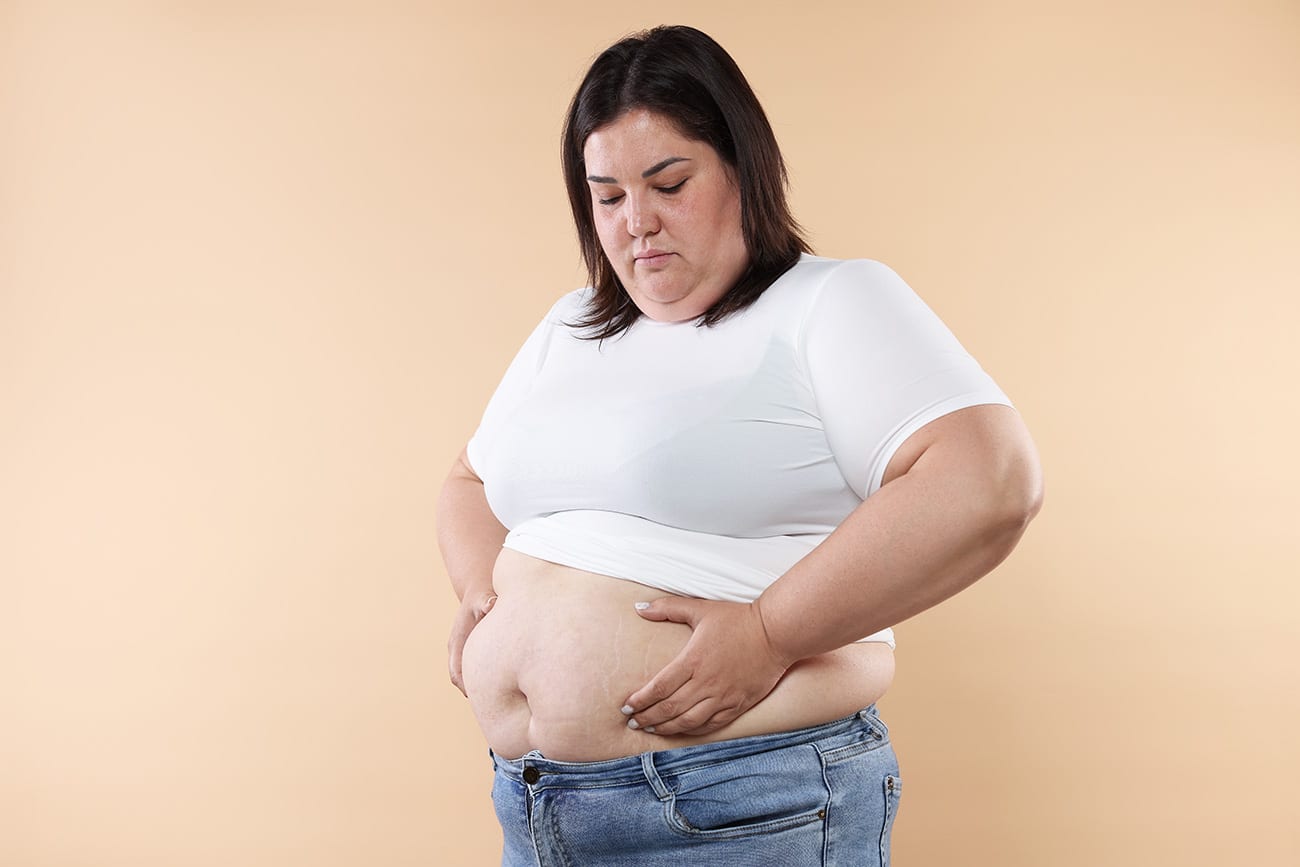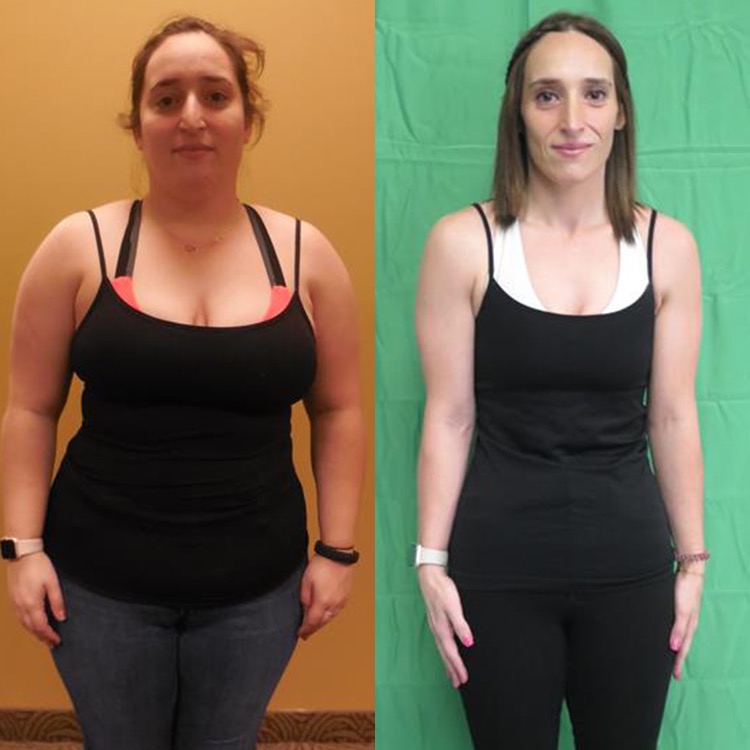Modern medical weight loss has been changed by the arrival of highly effective prescription...
Why does fat mass loss not always result in overall weight loss

The Wegovy Pill is Here: Is an Oral GLP-1 Right for You?
Recent clinical developments have introduced the Wegovy pill as a non-invasive option for those...
Menopause and Weight Gain: Why It Happens and What You Can Do About It
You’re Not Imagining It—Menopause Makes Weight Loss Harder Many women notice that once menopause...
Lose the Weight or Lose the Leg
“Lose the weight or lose the leg.” It has been over 20 years since I heard these blunt words from...
Childhood Obesity
Childhood obesity is a growing health concern worldwide, with long-term consequences for a child’s...
New Blood Pressure Guidelines: What You Need to Know
High blood pressure, also called hypertension, is one of the most common yet preventable risk...
Fat Mass Loss And Overall, Weight Loss
It does—but not always immediately, and not always in a strict pound-for-pound way. Several biological factors can mask weight loss on the scale even when you’re clearly losing fat mass.
Here are the main reasons:
- Fat loss is slow and gradual
Fat loss occurs when your body mobilizes stored triglycerides for energy. This breakdown process is gradual—often just a few hundred grams per week. Meanwhile…
- Water weight fluctuates constantly
The body stores water in response to:
- Carbohydrate intake (glycogen)
1 gram of glycogen is stored with ~3 grams of water.
So reducing carbs can drop weight fast, and reintroducing them can add weight back—without gaining fat. - Sodium intake
Salt causes temporary fluid retention. - Hormones
Cortisol (stress), menstrual cycle phases, and sleep influence water retention.
You could lose 1 lb of fat but retain 1 lb of water, and the scale won’t change.
- Muscle changes can hide fat loss
If you are exercising (especially resistance training), you may:
- Increase lean muscle mass, or
- Increase muscle glycogen storage
Both raise scale weight even while body fat is decreasing.
So fat down + muscle up = scale stays the same (but your body composition improves).
- Gut content varies
Your total weight includes:
- Food inside your digestive tract
- Stool
- Hydration level
This can shift your weight 2–6 lbs daily without any change in fat.
- The scale measures everything, not just fat
When fat decreases but something else increases, the total may not change:
| Component | Can Increase? | Can Decrease? |
| Fat Mass | No (we’re losing it) | ✅ Yes |
| Water Weight | ✅ Yes | ✅ Yes |
| Muscle Mass | ✅ Yes | ✅ Yes |
| Glycogen | ✅ Yes | ✅ Yes |
| Digestion Contents | ✅ Yes | ✅ Yes |
So fat loss does not always equal weight loss on the scale, especially in the short-term.
What does change when you lose fat
- Clothing fits differently
- Waist and hip measurements shrink
- Muscle definition improves
- Energy and strength may increase
This is why body measurements, progress photos, and body composition metrics tell a more accurate story than weight alone.
Bottom Line
You can lose fat without seeing scale changes because:
Water retention, muscle gain, and gut content can offset fat loss on the scale.
But over time—if fat continues to decrease—weight does eventually trend downward.











